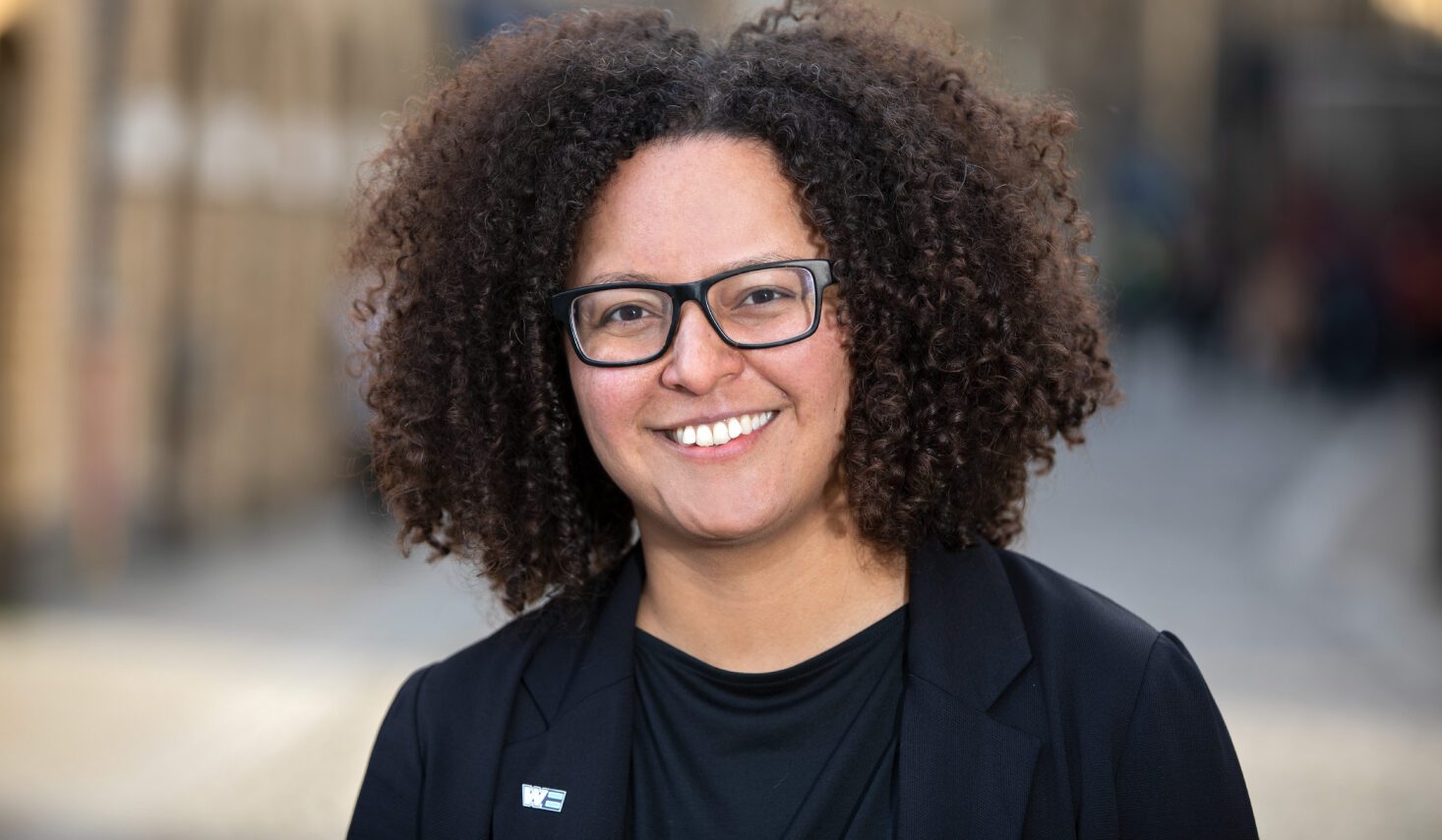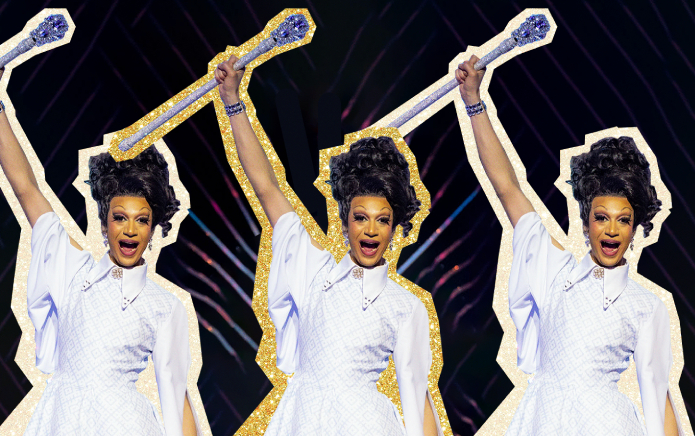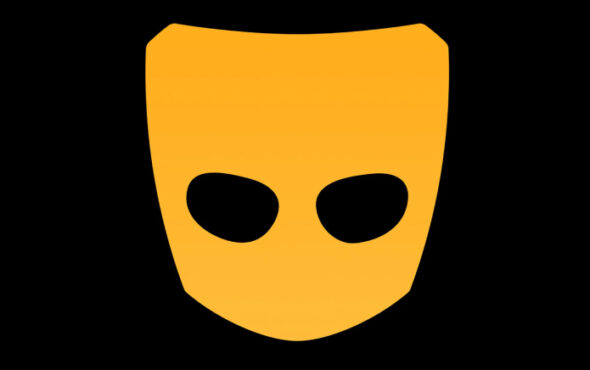
October is Black History Month and a great opportunity to speak to Mandu Reid, the leader of the Women’s Equality Party. There’s a lot of negativity in politics at the moment and catching up with Mandu was a refreshing change.
Why is Black History Month so important?
On some levels I feel that it’s a shame we have to cordon off one of the months of the year to put a spotlight on the contribution Black communities have made and their backstories. Why should it only be one month of the year? That’s the downside. The upside is that it is a time to reflect, to indulge and be really intentional about seeking out books by Black authors. I will often prioritise Black women, because that segment has been comparatively overlooked.
Can you give us an example?
At the moment I’m reading some Octavia Butler. She was a Black woman, a lesbian and one of the main purveyors of Afrofuturism. She’s a science-fiction writer predominantly and her books are extraordinary. I allow myself to be immersed in narratives and stories and perspectives of Black people that are less likely to find their way into the mainstream, taking myself on a journey of discovery about Black history and prioritising Black voices.
What improvements have you seen in terms of LGBTQ+ representation in politics?
There has been some positive movement. I’m 41-years-old and growing up I remember how much stigma there was around LGBTQIA+ identities in all walks of life, but particularly in public life. The tabloids used to hound politicians and seek out salacious stories to out people. This doesn’t prevail as much as it used to. People are under less pressure to hide. I don’t think we’ve completely eliminated the stigma or the prejudice.
What about women in politics?
We’re not where we need to be yet. Women make up only about a third of elected MPs and are even less likely to be elected as local councillors relative to men. In terms of representation there’s still a way to go.
What troubles you the most in the UK on LGBTQ+ issues?
There’s been a gradual but consistent increase in hate crimes. I know that we’re living in a time of polarisation and I think that may well have been a factor. In the 21st century, in the United Kingdom, we shouldn’t be tolerating a trend like that. There has been progress when you look at how people can participate, be themselves and be out in public life, but if we are more likely to be on the receiving end of abuse, violence and harassment, then we all need to stop and take stock and recognise that something is going horribly wrong and action is needed to reverse that trend.
Tell us about the Women’s Equality Party?
We were founded in 2015. We’re different from the mainstream political parties – we’re the only party that is trying to put itself out of business. You could argue that we have a little bit of competition at the moment because there’s another party that seems to be doing a pretty good job at putting itself out of business. The difference is we want to get to the point where you don’t need a Women’s Equality Party.
Tell me more?
We believe that we can get there if the mainstream players are more ambitious about equality between men and women. You ask me anything – transport, the environment, education – I can give you a gendered analysis and an offer of what could be done in almost any field to move society as a whole towards gender equality. We’re not a single-issue party, we’re an every-issue party. We welcome men into our movement. Since 2015, we’ve grown into a movement of 60,000 members and supporters across the country. Roughly 10 per cent of our membership is men. I would love to see that number grow. I think equality between men and women can only be realised if men and women link arms and fight for it together. I reject all the narratives around men losing out. What we’re offering is a really hopeful and positive vision for a future that doesn’t marginalise anyone on the basis of their gender.
Follow Mandu Reid here.
Follow the Women’s Equality Party here.



